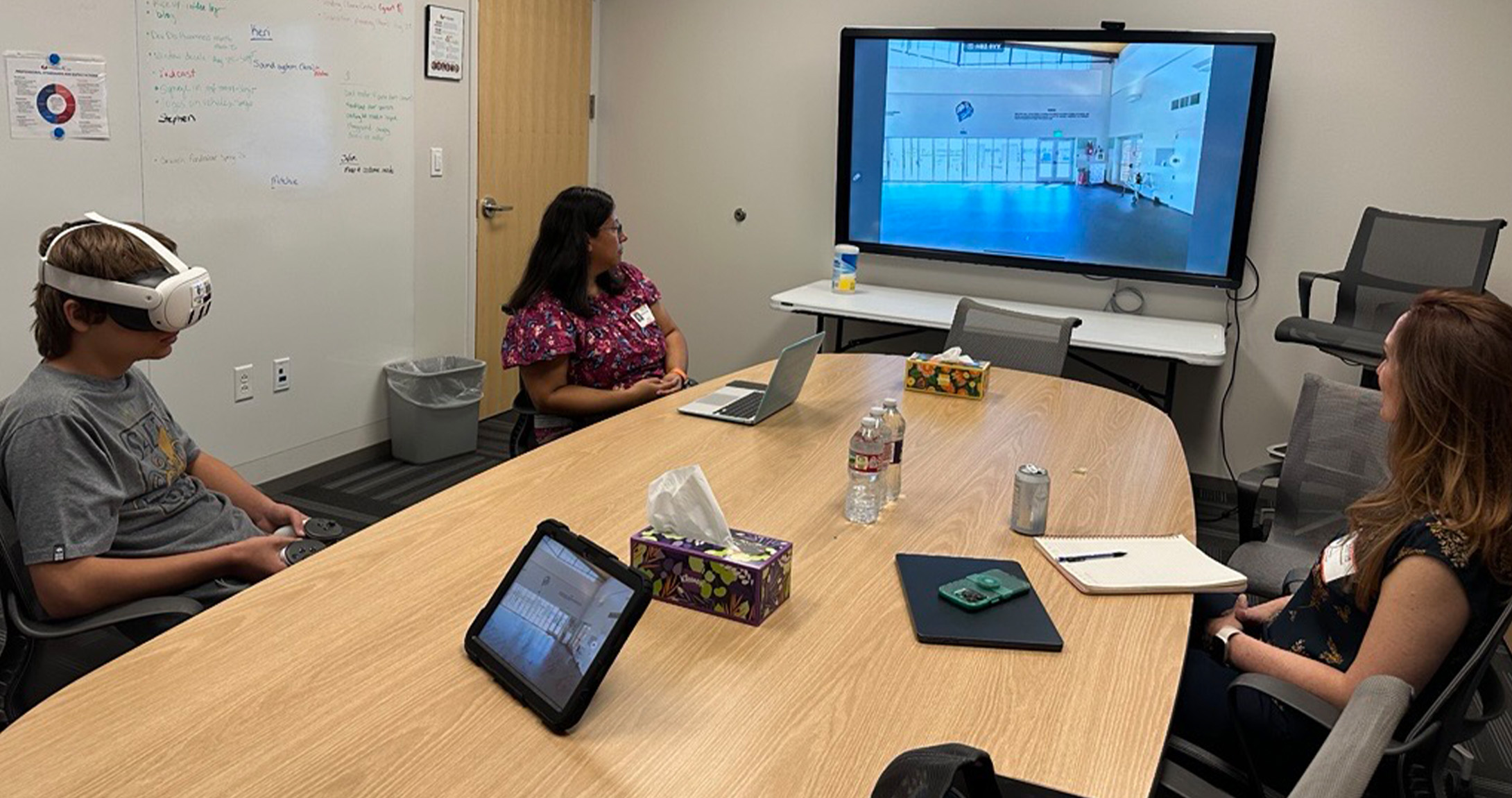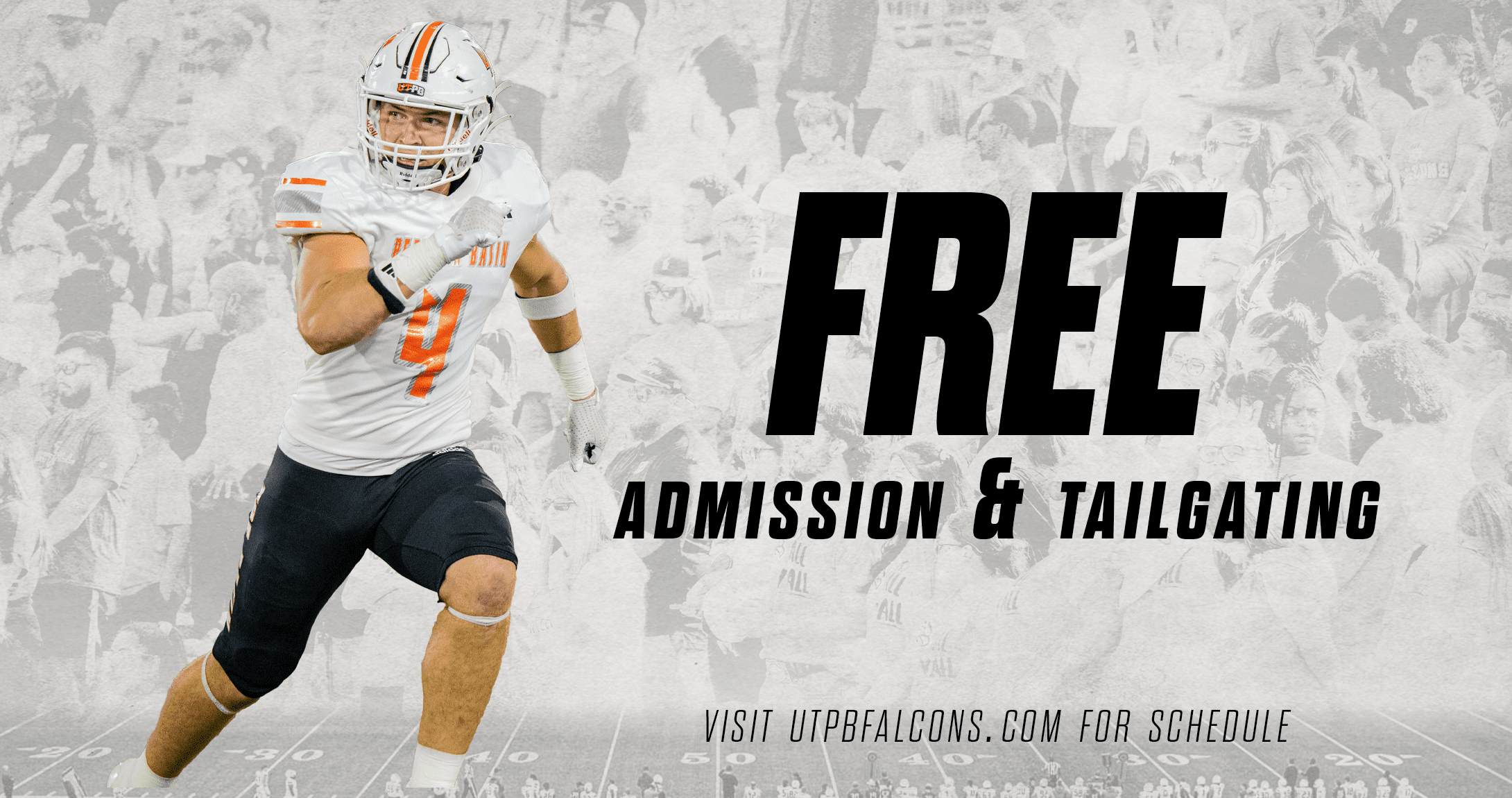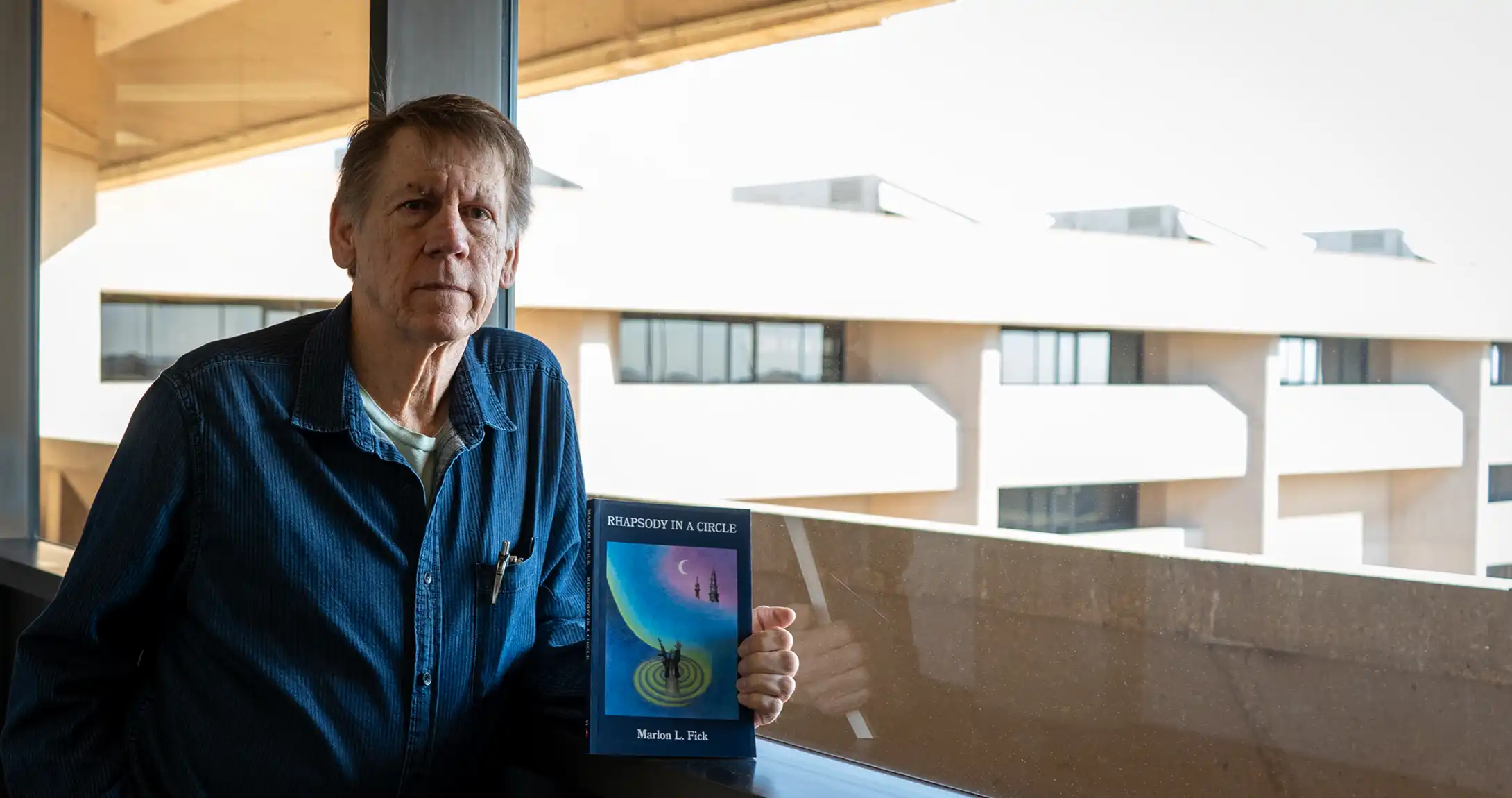The University of Texas Permian Basin is transforming special needs education through two groundbreaking research projects that use advanced technology to support both students and educators. Developed by UTPB’s College of Education and Information Technology Services in partnership with Bynum School, both projects are built entirely by the University to meet specific educational needs.
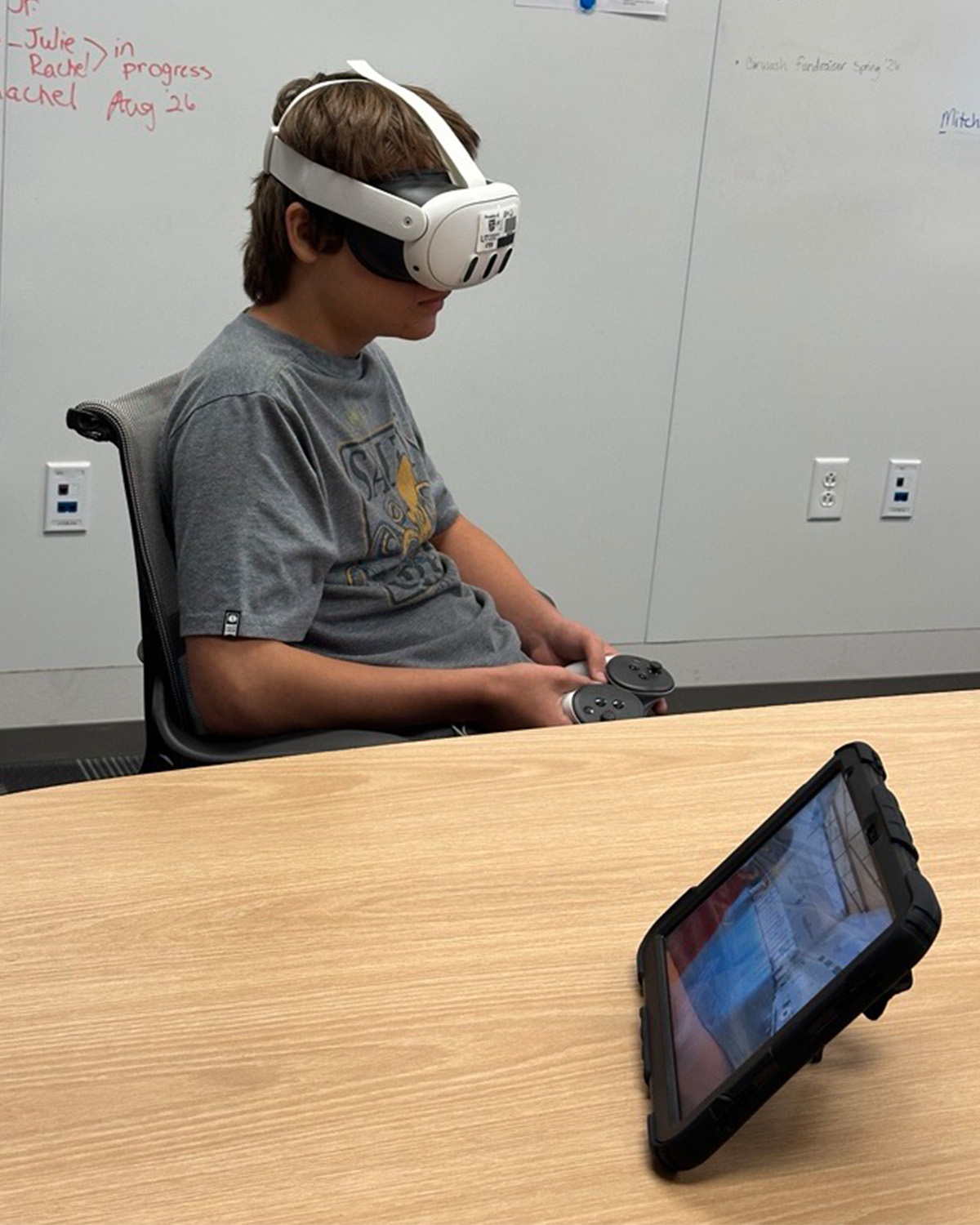
“Each Intervention is custom-built for the individual student and tailored to address the specific challenges they face. The simulation places them in a difficult or triggering environment and teaches appropriate responses and behaviors. They then engage in a VR game where they make choices based on what they’ve just learned,” said UTPB ITS Senior Learning Tech Analyst Curtis Rogers, the developer behind the initiatives.
UTPB’s Dr. Adriana Frates, Kara Rosenblatt, Clark Moreland, and Curtis Rogers came up with the idea for the project, which has now been one year in the making.
“I had prior experience creating first-person simulations for the military and emergency medical services, where this method proved to be highly effective for training,” said Rogers.
The first project uses Virtual Reality to help special needs students practice real-life situations in a safe, controlled environment. Through immersive simulations, students can rehearse everyday challenges such as cooking, classroom behavior, and riding the bus.
The goal is to help students build confidence, reduce anxiety, and improve their social skills before facing these situations in daily life.
“If it improves the quality of life for even one child we’ve worked with, it will have been worth all the effort,” said Rogers.
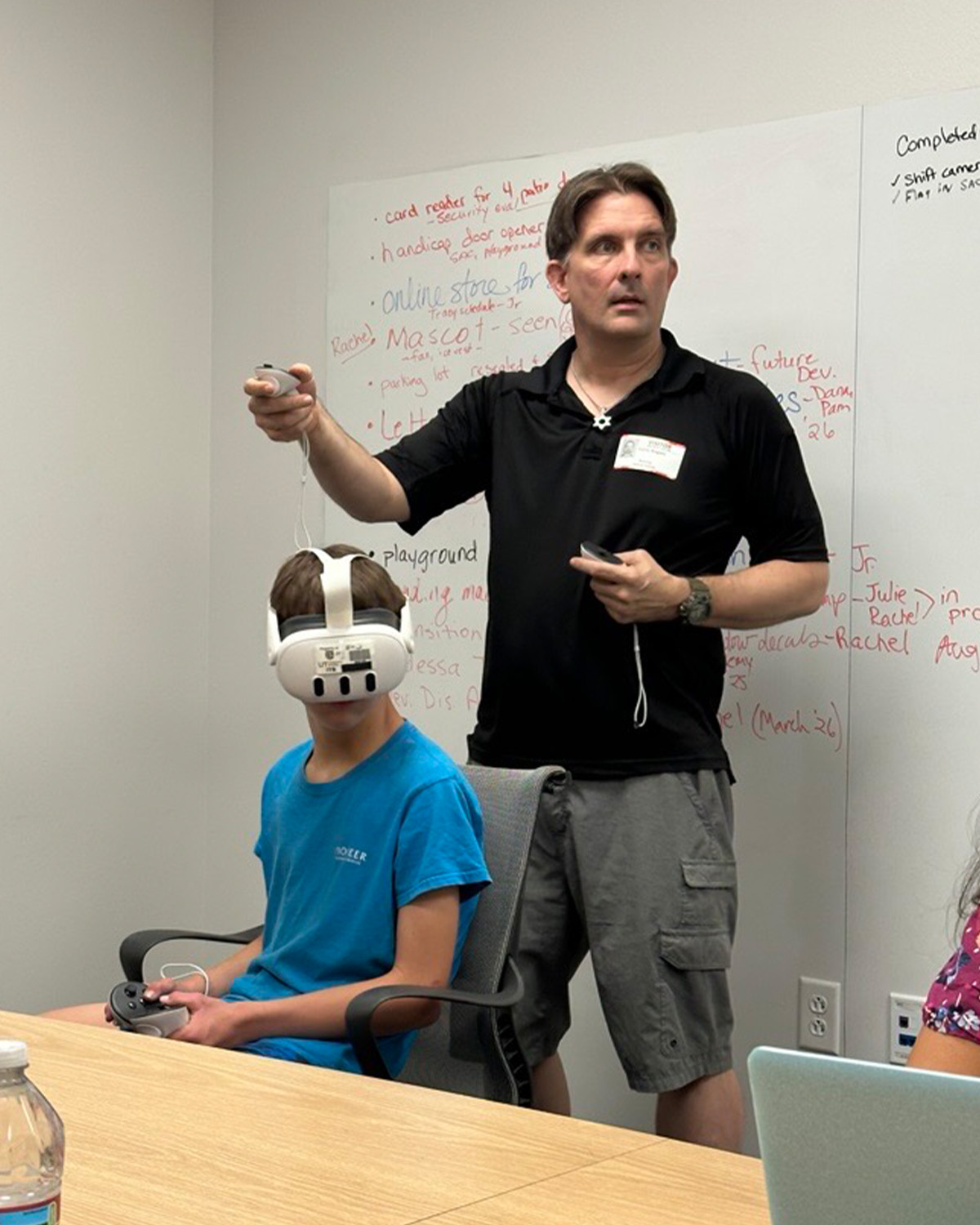 The second project focuses on teacher training through an Artificial Intelligence classroom simulation. This virtual classroom includes AI-driven students, each with unique learning needs, along with virtual aides. Teachers can work through various classroom scenarios and receive detailed feedback to strengthen their instructional strategies. The project supports current and future special education teachers.
The second project focuses on teacher training through an Artificial Intelligence classroom simulation. This virtual classroom includes AI-driven students, each with unique learning needs, along with virtual aides. Teachers can work through various classroom scenarios and receive detailed feedback to strengthen their instructional strategies. The project supports current and future special education teachers.
“The students have responded very positively—they genuinely enjoy the experience. It’s been fascinating to see how they engage with a 360° immersive environment, especially compared to passively watching a traditional video. The interactive nature of the simulations draws them in and encourages active participation,” said Rogers.
Rogers says some students have gone from scoring low on simulations to achieving complete mastery over time. Their results confirm the effectiveness of the approach, which Rogers describes as highly dynamic and rewarding.
Both projects were designed entirely at UTPB, and creating custom solutions at the University has been key to their success.
“Creating artificial intelligence and virtual reality projects in house is a game changer. It allows us to create custom experiences for UTPB’s specific needs. We use nothing off the shelf,” said Rogers.
Though both projects harness advanced technologies, they are entirely independent research initiatives, each with its own objectives, participants, and outcomes. Together, they showcase UTPB’s commitment to innovation in special education by developing solutions that meet the unique needs of students and educators alike.
